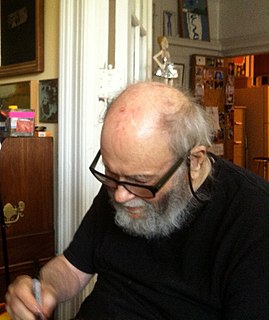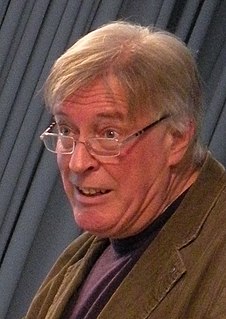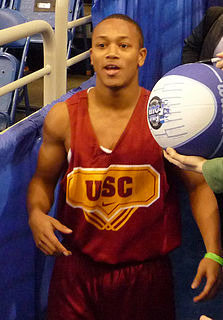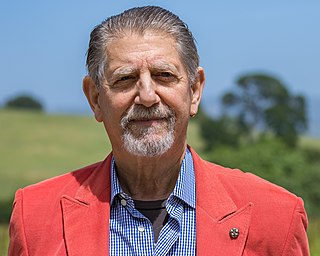A Quote by Nassim Nicholas Taleb
The people I go after are the false experts, those who do not accept the limits of their knowledge.
Related Quotes
In my own version of the idea of 'what art wants,' the end and fulfillment of the history of art is the philosophical understanding of what art is, an understanding that is achieved in the way that understanding in each of our lives is achieved, namely, from the mistakes we make, the false paths we follow, the false images we have come to abandon until we learn wherein our limits consist, and then how to live within those limits.
Is despair wrong? Isn’t it the natural condition of life after a certain age? … After a number of events, what is there left but repetition and diminishment? Who wants to go on living? The eccentric, the religious, the artistic (sometimes); those with a false sense of their own worth. Soft cheeses collapse; firm cheeses endurate. Both go mouldy.
It is a dangerous and fateful presumption, besides the absurd temerity that it implies, to disdain what we do not comprehend. For after you have established, according to your fine undertstanding, the limits of truth and falsehood, and it turns out that you must necessarily believe things even stranger than those you deny, you are obliged from then on to abandon these limits.



































